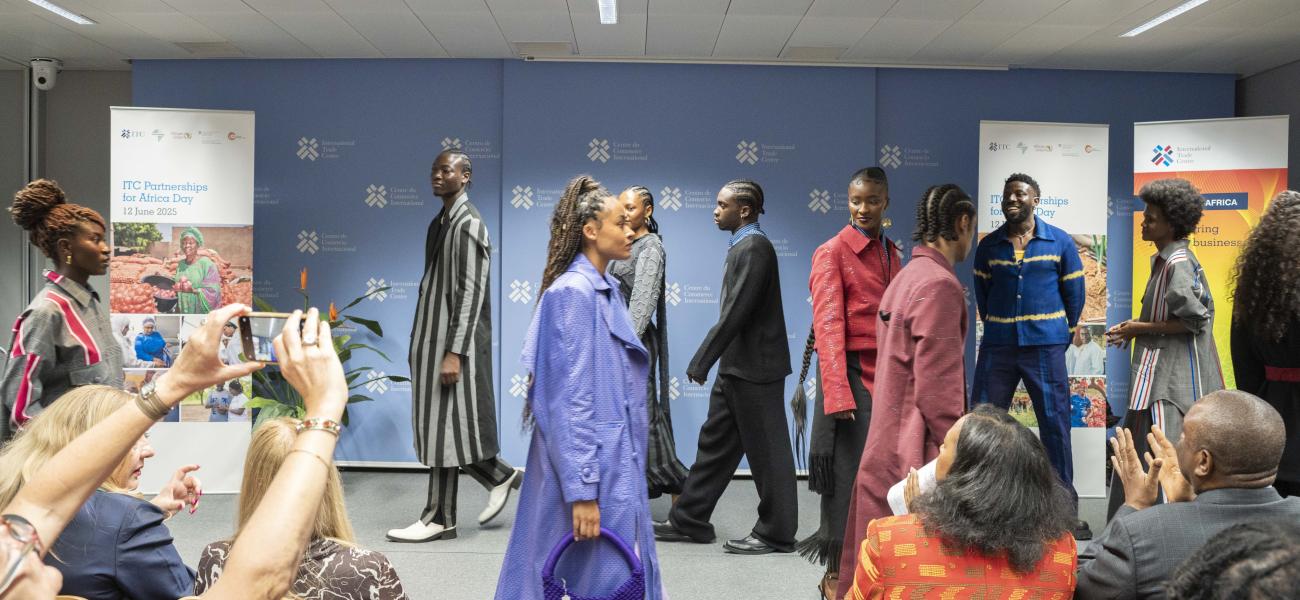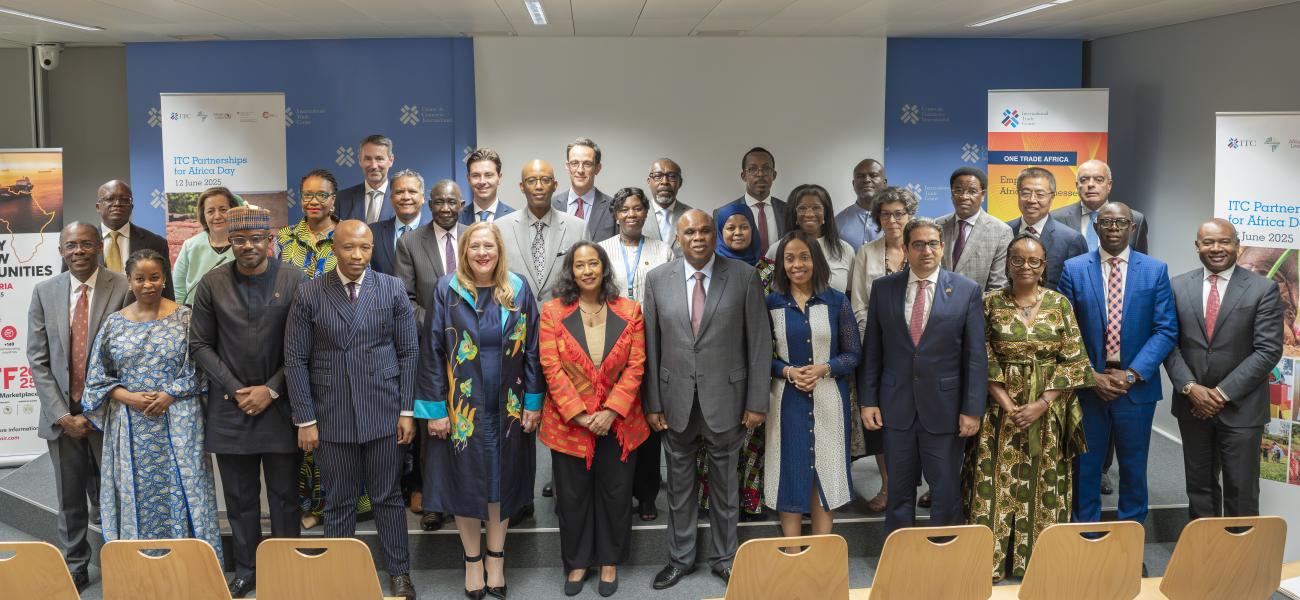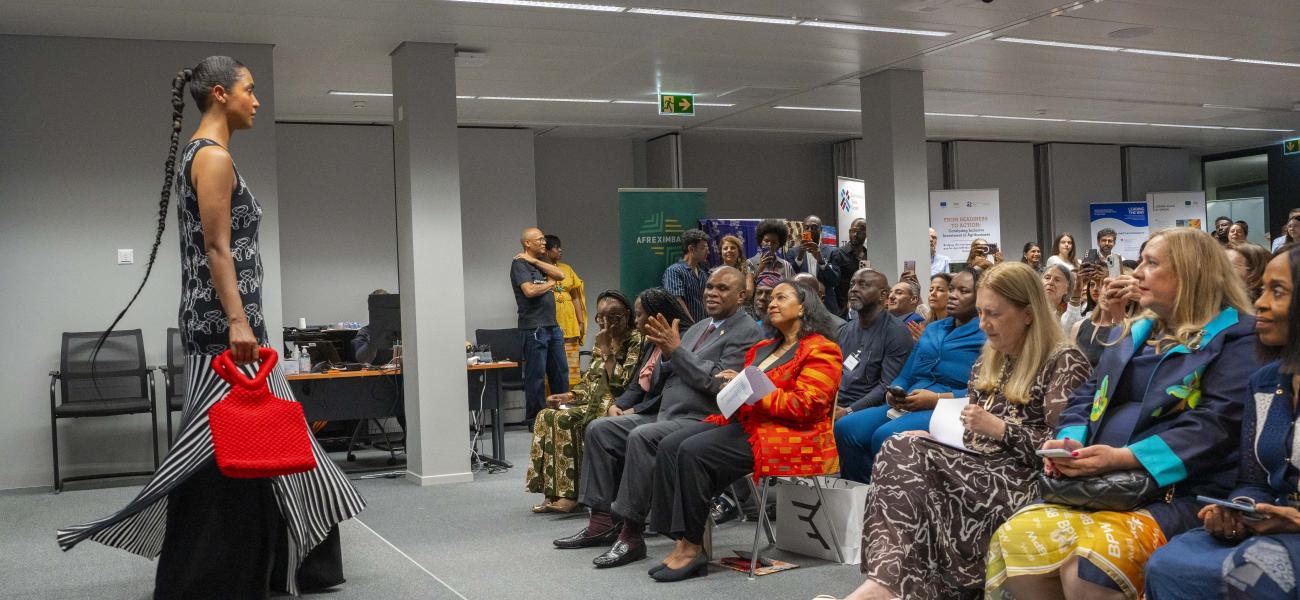As global trade becomes increasingly uncertain and fragmented, Africa’s 50 million small businesses—responsible for 80% of employment on the continent—face mounting pressure to compete, integrate, and thrive. Yet many remain excluded from international markets due to challenges such as fragmented value chains, limited access to finance, weak institutional support, and low digital and environmental readiness.
These barriers are not new, but overcoming them demands stronger, more strategic partnerships. That’s why the International Trade Centre (ITC) hosted its first-ever Partnerships for Africa Day at its headquarters in Geneva on 12 June 2025. The event convened over 200 stakeholders—including representatives from governments, international organizations, investment banks, and small businesses—to reflect on progress, share best practices, and forge new alliances to scale impact.

“The AfCFTA will be the defining instrument that will take Africa to where it is going—not just for 2063, but for the future. That’s why it’s so critical that we get this right. That’s why partnerships matter: none of us have the instruments by ourselves,” said ITC Executive Director Pamela Coke-Hamilton during the opening ceremony.
“Our commitment at ITC is this: we will work with all partners committed to helping Africa reclaim what it has been for millennia.”
At the event, ITC launched its new Roadmap for Africa and introduced the Africa Trade Competitiveness and Market Access (ATCMA) programme—the most ambitious initiative in ITC’s history on the continent. Funded by the European Union and implemented in partnership with UNIDO, the African Union Commission, the AfCFTA Secretariat, Regional Economic Communities, and national counterparts, ATCMA aims to improve market access, build institutional capacity, and support value addition across five African subregions.

The day featured high-level dialogues, an exhibition of impactful projects, and a showcase of Africa’s entrepreneurial spirit through samples of value-added products from small businesses across the continent.
Highlighting the growing importance of Africa’s creative industries—particularly fashion—not only as sources of employment but also as guardians of artisanal heritage, a group of leading designers presented their collections. Peulh Vagabond, Emmy Kasbit, Judy Sanderson, Aaboux, and Vanhu Vamwe captivated the international audience with their designs, supported by the Pan African Fashion Alliance (PAFA) in collaboration with Afreximbank.
From trade policy to partnerships, from digital tools to creative products, ITC’s message was clear: African-led, impact-driven collaboration is the way forward.
As global trade enters a new chapter, ITC is reaffirming its commitment to partnerships that deliver real results for African entrepreneurs—working with those ready to shape Africa’s trade future, together.





